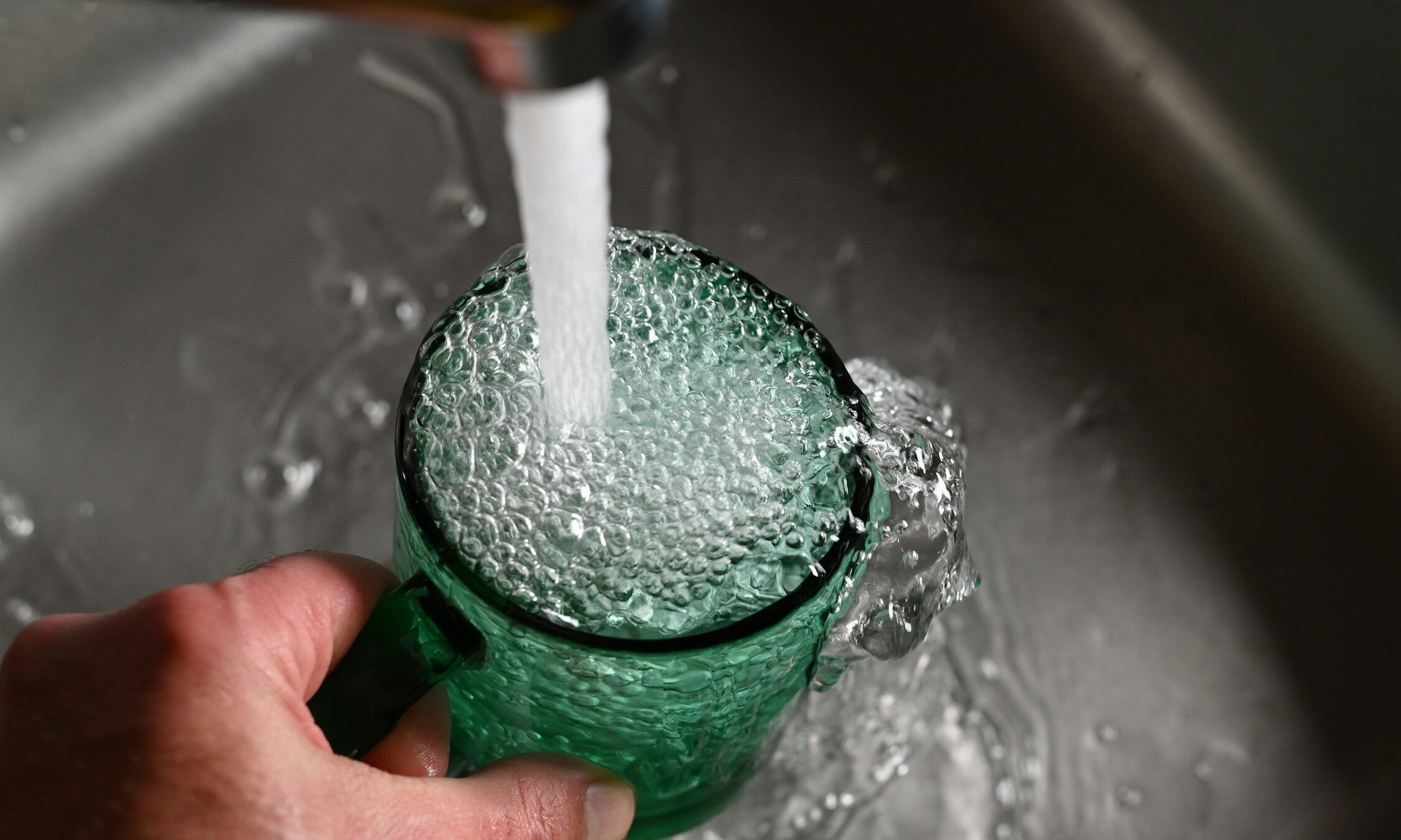From cold glasses on our bedside tables to warm beams in our morning showers, water is an essential facet of our everyday lives. However, despite being such a routine asset in our lives, there are oftentimes potentially harmful contaminants in our water. These may lead to health issues and other adverse effects. As such, it is imperative that we are aware of our water quality and we keep our water clean and ready for safe use each and every day.
What Is Water Quality?
According to the National Oceanic and Atmospheric Association, water quality describes the condition of water. This includes its chemical, physical and biological characteristics. Usually, this is with respect to its suitability for a particular purpose, such as drinking, hygiene, agriculture, etc. Simply put, the concept of “good-quality water” changes depending on its intended purpose. For instance, the same water that you use for a garden might not be what’s best to drink and vice versa.
Common Contaminants
According to the Florida Department of Health, our state’s most common water contaminants are bacteria, nitrates and lead among a few others. These contaminants, while often not immediately harmful in smaller traces, can cause long-term health issues. They can sometimes be detrimental to certain at-risk individuals. Therefore, you should always take the time to learn more about the quality of the water in your home.
Testing Your Water Quality
There are several ways to learn more about your home’s water quality. The best one for you varies depending on where you get your water and the amount of information you’re hoping to discover.
Look at Your Local Water Consumer Confidence Report
By July 1 of every year, the United States Environmental Protection Agency (EPA) requires water suppliers that serve populations of more than 100,000 people to release a Consumer Confidence Report that discloses information regarding the quality of water they provide, including any violations against it and contaminants it contains. You can easily explore these reports anytime through the EPA’s website.
Testing Through a Lab
About 80% of Florida’s residents are served by public water systems covered by the Federal Safe Drinking Water Act. The other 20% who receive their water from smaller, limited-use public, or private water systems might not have up-to-date water quality information available and should consider having it tested through a lab. Fortunately, there are EPA-certified labs spread throughout the country that can come to your residence for a fee and test your water for contaminants.
Doing It Yourself
There are also a variety of water-testing kits available to order online to test water quality by yourself. Many are unique in their capabilities and applications, so be certain to do your research before spending on anything. For example, someone who is testing water from a private well may want a different type of kit than someone who is renting an apartment.
Staying Safe
Depending on the contaminants, minerals, etc. in your water, you may consider a filter or water softener for your home. A water filter removes the impurities of water, thereby decreasing unwanted contaminants. There are several forms of filters available for home use that come in many shapes and sizes, from an attachment on your sink to a separate filtered pitcher. Water softeners essentially work as filters that target minerals in your water, such as calcium and magnesium. These work to alleviate the amount of “hard water” in your home. Hard water can contribute to clogged pipes, damaged appliances, dingy laundry, etc. The sheer amount of time, energy and money required to clean up the detrimental ]side effects of hard water can be dizzying. If you find yourself running into these problems, it might be worth exploring what a water softener can do or your home.
Related articles
Hidden Cleaning: Everyday Items that Actually Need to be Cleaned
How to Stay Regular When You Travel
What is Greenwashing? The Ugly Truth

